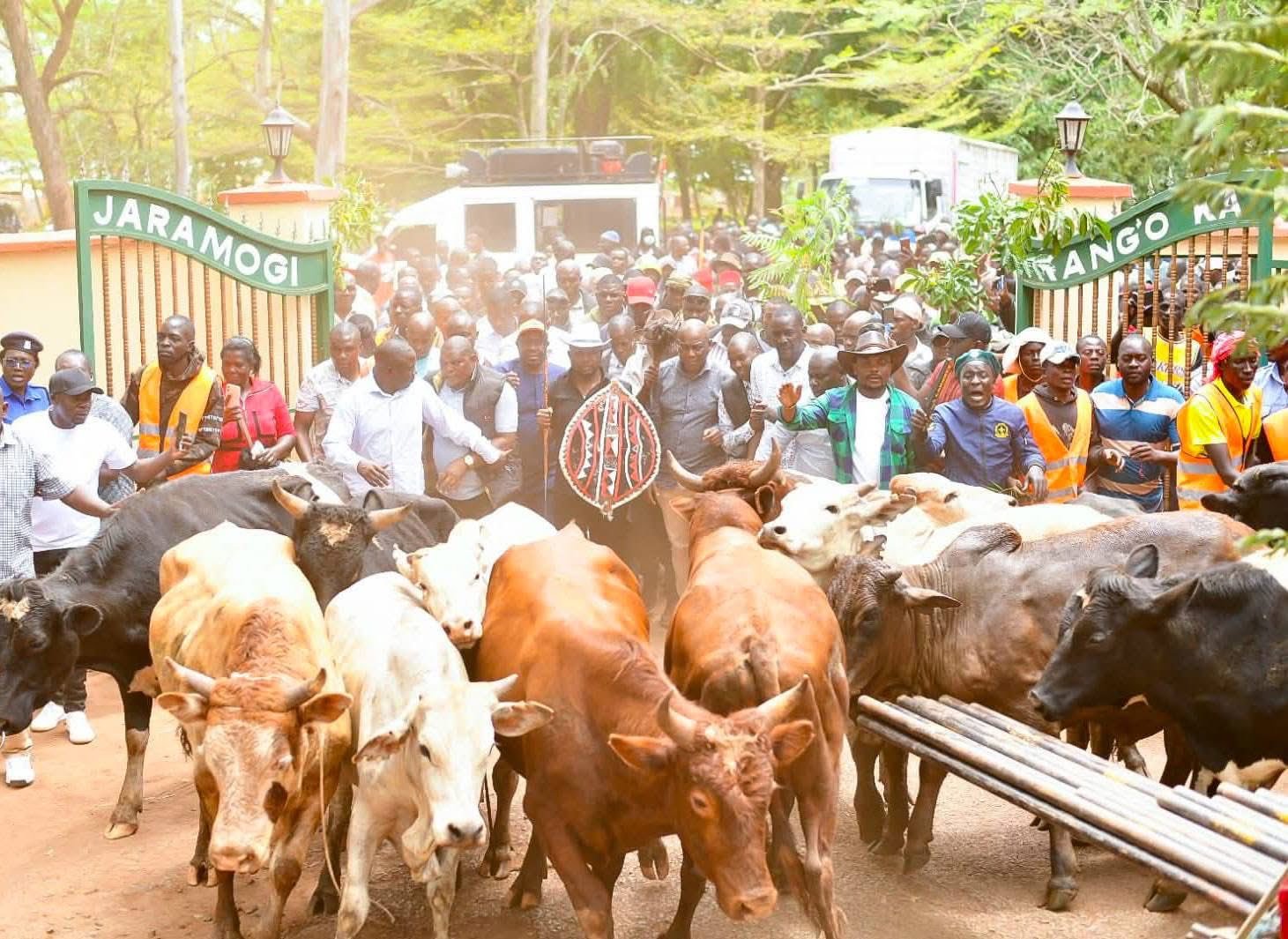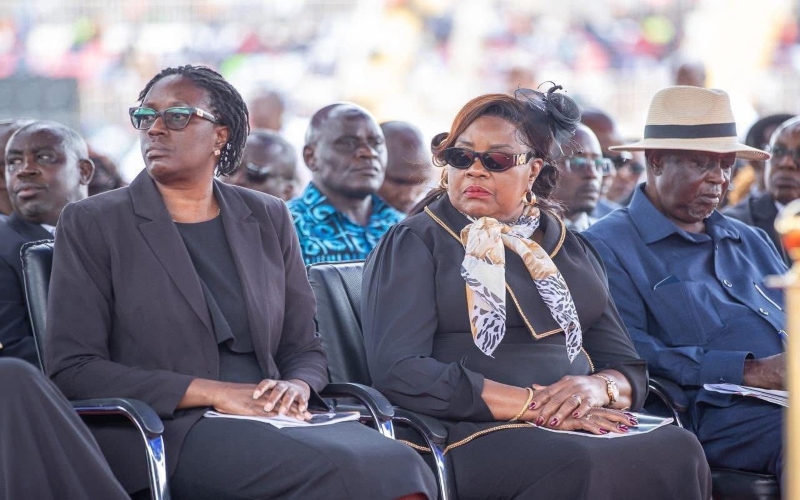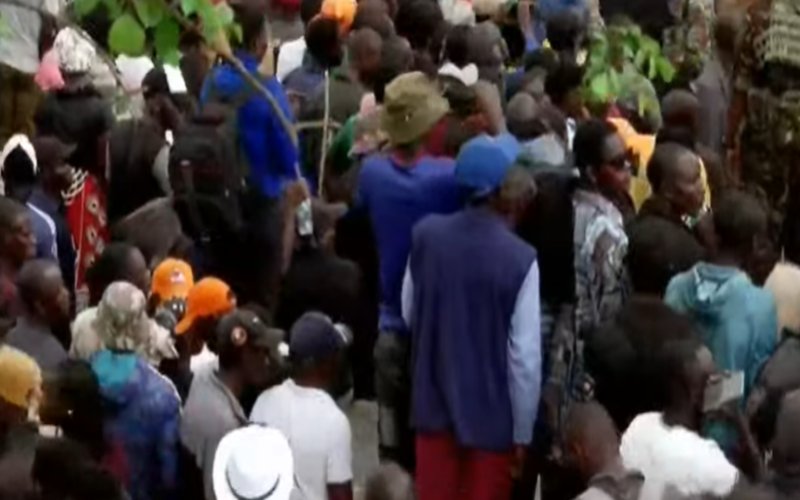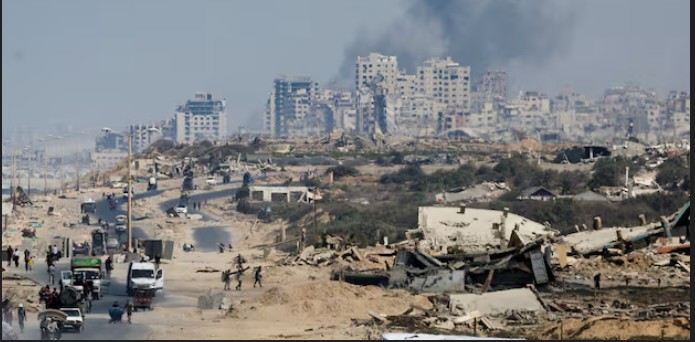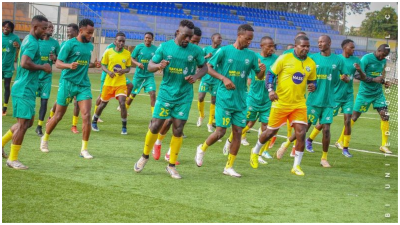KMA enforces stringent pollution prevention regulations
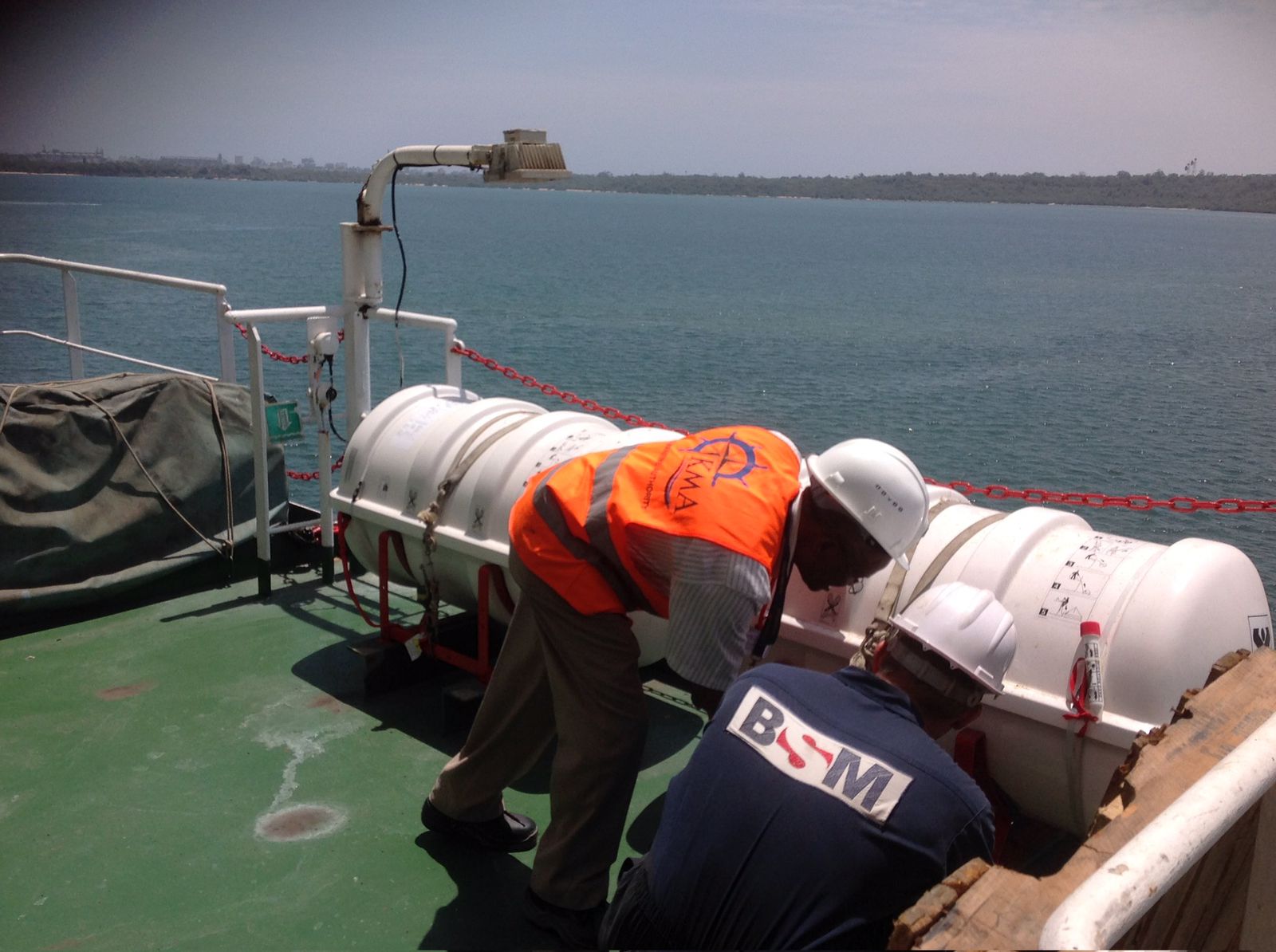
The regulations under Port State Control establish a structure for enforcing requirements for ship safety, pollution avoidance, shipboard living, and working conditions.
Kenyan ships and any seagoing ship within Kenyan jurisdiction are required to comply with the laws of the International Convention for the Prevention of Pollution from Ships and Port State Control Regulation 2023, the Kenya Maritime Authority has said.
The regulations include port state control, prevention of pollution by garbage from ships, control of pollution by noxious liquid substances in bulk, prevention of air pollution from ships, prevention of pollution by oil from ships, prevention of pollution by sewage from ships, prevention of pollution by harmful substances carried by sea in packaged form, and waste reception facilities.
More To Read
- Weak regulation, environmental crisis pose threat to Africa’s maritime growth - KMA
- Contaminated water from River Kibos blamed for fish deaths at Dunga Beach
- Court rejects bid to block Joho's merchant shipping regulations
- Wajir rallies to end plastic pollution with bold eight-day clean-up campaign
- Kenya’s fish output grows to Sh39 billion despite Lake Victoria slowdown
- NEMA issues 14-day ultimatum to businesses over pending licence applications
KMA is currently conducting public participation to collect views on the transposition of the International Convention for the Prevention of Pollution from Ships (MARPOL) and revised merchant shipping (Port State Control) regulations to empower stakeholders for a sustainable maritime future.
The regulations under Port State Control establish a structure for enforcing requirements for ship safety, pollution avoidance, shipboard living and working conditions, and other international agreements in relation to foreign ships visiting Kenyan ports and offshore installations.
This will include the selection of ships and the inspection methods, which will be as prescribed by the Director General.
“Whenever an inspector believes there are clear grounds after the initial inspection of a ship, a more detailed inspection shall be carried out, including further checking of compliance with onboard operational requirements. Report the inspection to the master."
"On completion of an inspection, the inspector shall provide the master of the ship with a report in the prescribed form giving the results of the inspection and details of any decisions taken and/or corrective action to be taken by the master, owner, or operator,” the drafted policy stated.
The Prevention of Pollution by Waste from Ships Act prohibits the discharge of waste into the sea. This applies to both Kenyan ships and other vessels in Kenyan seas.
Garbage into the sea has been classified as all kinds of food wastes, domestic wastes and operational wastes, all plastics, cargo residues, incinerator ashes, cooking oil, fishing gear, and animal carcasses generated during the normal operation of the ship and liable to be disposed of continuously or periodically, with the exception of substances defined or listed in other Annexes to the Convention.
However, the garbage does not include fresh fish and parts thereof generated as a result of fishing activities carried out during the voyage, or as a result of aquaculture activities that involve the transportation of fish, including shellfish, for placement in an aquaculture facility, as well as the transport of harvested fish, including shellfish, from such facilities to shore for processing.
“Food waste shall be discharged as far as practicable from the nearest land, but not less than twelve nautical miles from the nearest land or the nearest ice shelf,” the act states.
The ships shall be comminuted on the ground and shall be capable of passing through a screen with openings no greater than twenty-five millimetres.
Cargo residue, including cargo hold washing water containing residues that cannot be recovered using commonly available methods for unloading, shall be discharged as far as practicable from the nearest land or the nearest ice shelf and not less than twelve nautical miles from the nearest land or the nearest ice shelf.
The regulation shall not apply to the discharge of garbage from a ship necessary for the purpose of securing the safety of the ship and those on board or saving lives at sea.
It shall also not apply to the accidental loss of garbage resulting from damage to a ship or its equipment, provided that all reasonable precautions have been taken before and after the occurrence of the damage to prevent or minimise the accidental loss.
Every ship of twelve metres or more in length overall and fixed or floating platforms shall display placards that notify the crew and passengers of the discharge requirements of the regulations.
This regulation shall apply to every ship of or above one hundred gross tonnes.
It is recognised that the accuracy of estimating garbage amounts is left to interpretation. Volume estimates will differ before and after processing.
Some processing procedures may not allow for a usable estimate of volume, e.g., the continuous processing of food waste. Such factors should be taken into consideration when making and interpreting entries made in a record.
A ship that proceeds to sea from any state repair by entering the port without complying with the conditions determined by the competent authority of the state in the port of inspection and fails to comply with the applicable requirements of the Conventions by not calling into the indicated repair yard shall not enter any port within Kenya until the owner provides evidence to the satisfaction of the competent authority of the state where the ship was found defective that the ship fully complies with all applicable requirements of the Conventions.
Top Stories Today

